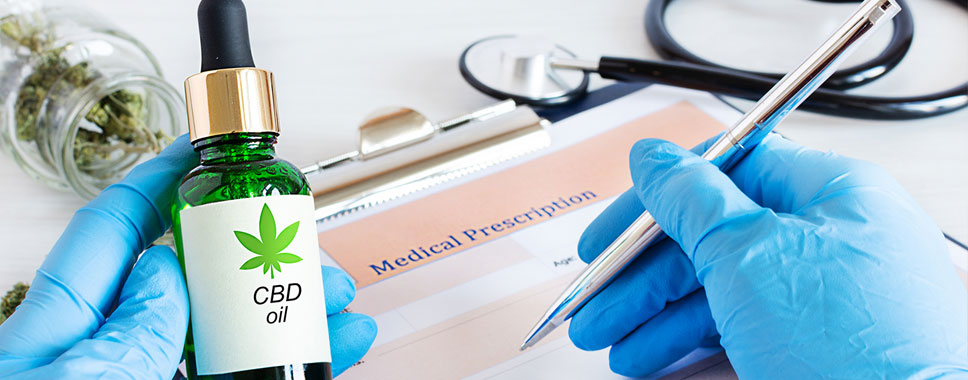When it comes to purchasing CBD products, a Certificate of Analysis (COA) emerges as a paramount consideration. Essentially, it functions as a quality control measure that verifies whether the CBD product contains the advertised quantities of CBD, as claimed by the manufacturer.
For authentic and impartial results, it’s imperative that the COA originates from a third-party source, rather than the manufacturer or brand. A third-party COA generally comprises several crucial sections.
One segment typically outlines the CBD content, along with the levels of THC and less prevalent cannabinoids like CBN or CBC. These readings provide insights into the product’s potency.
Another section zeroes in on potential contaminants, such as pesticides or microbes, that might be present in the product.
Furthermore, a dedicated section enumerates any potential traces of heavy metals or chemicals, like residual solvents, which could compromise product safety.
Reputable CBD company websites typically furnish a readily accessible COA, enabling potential buyers to assess a product comprehensively before committing to a purchase.
Equally important is the credibility of the lab generating the COA. It’s advisable to seek COAs from accredited labs that adhere to the International Organization for Standardization (ISO) guidelines for added assurance.

Comments